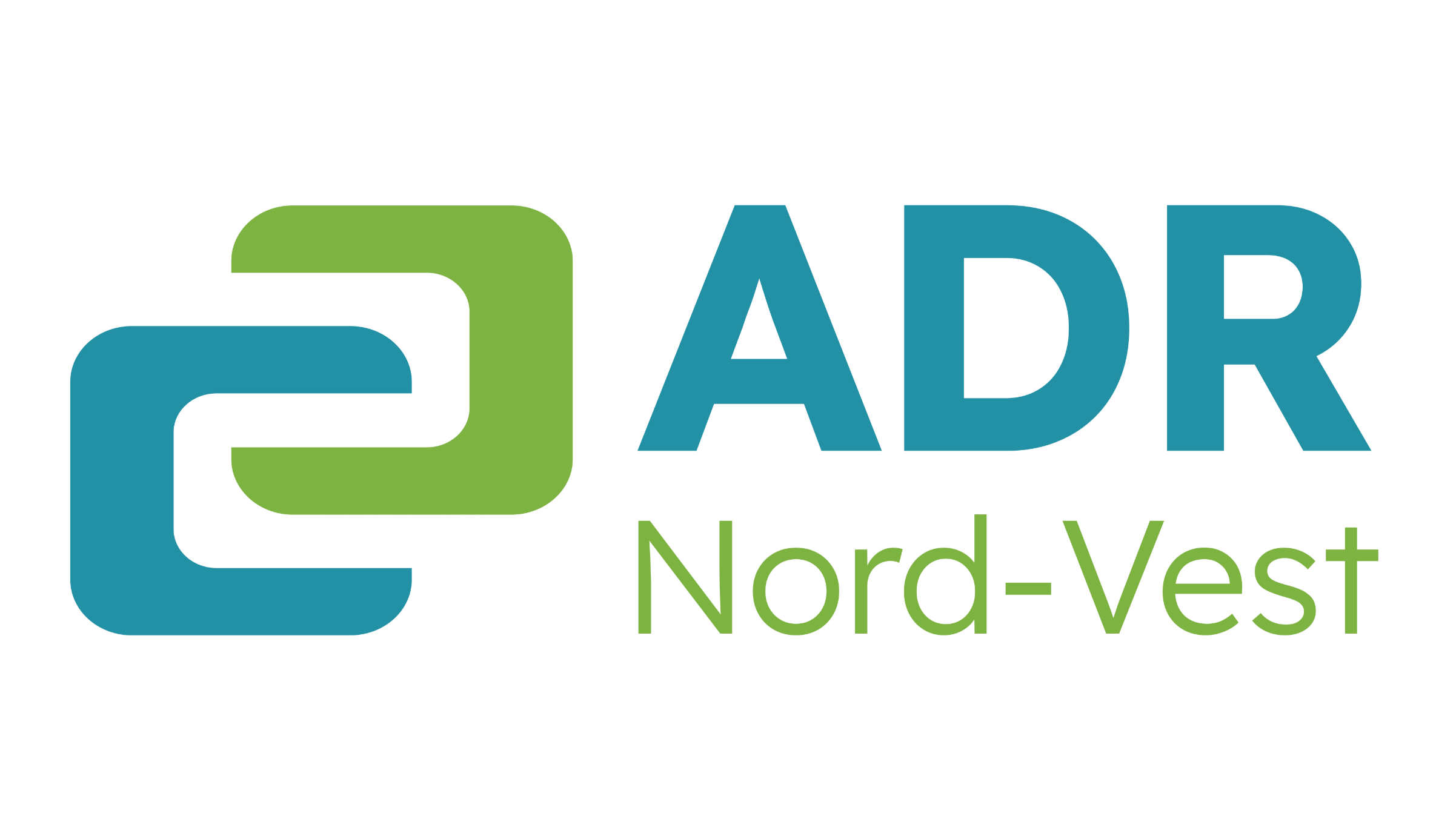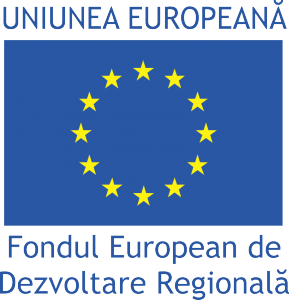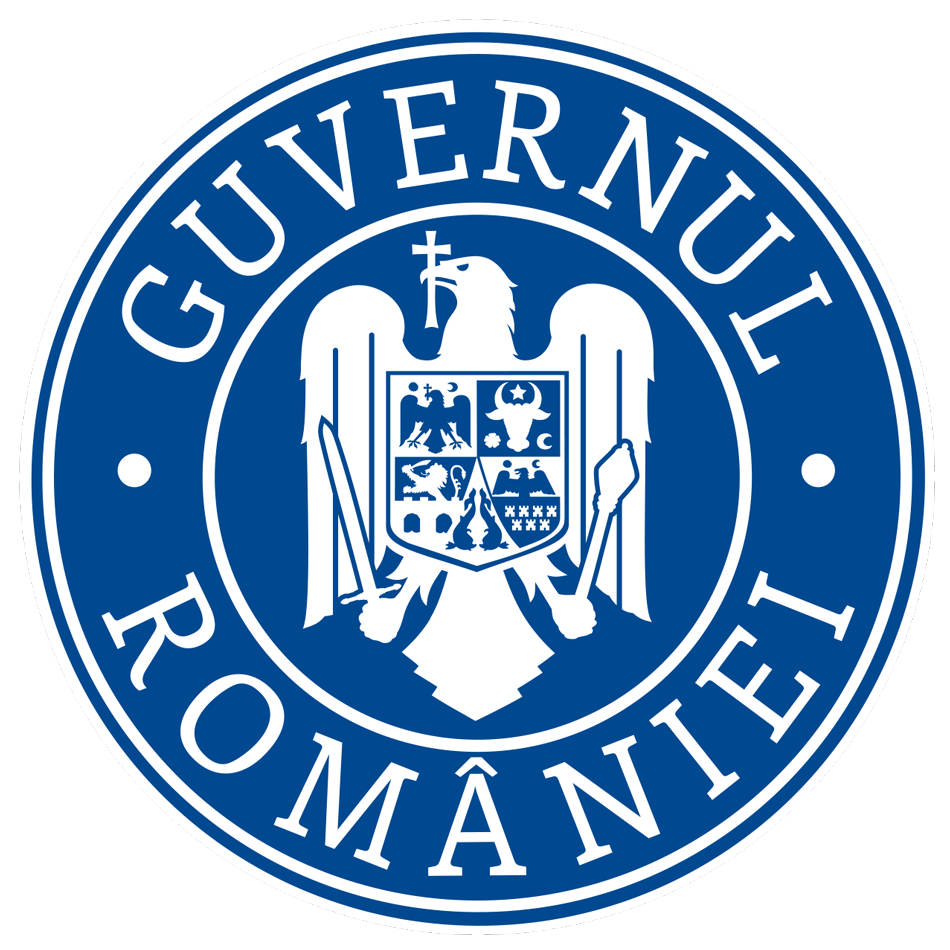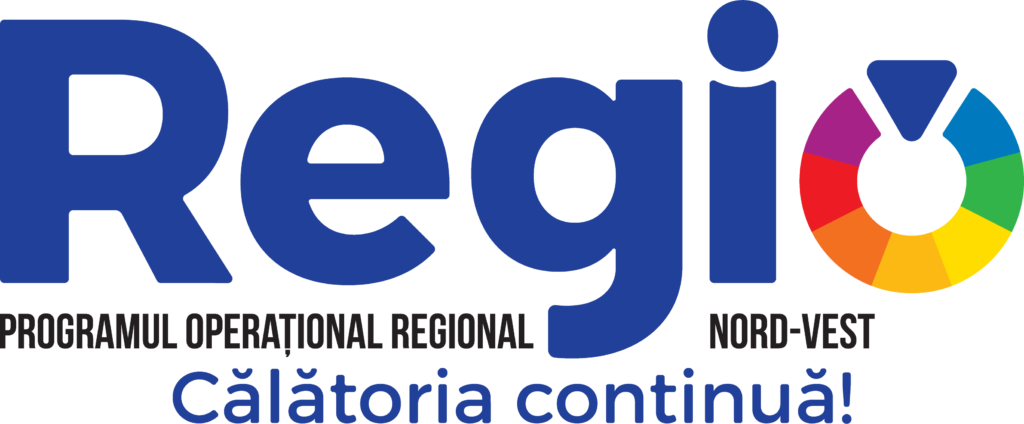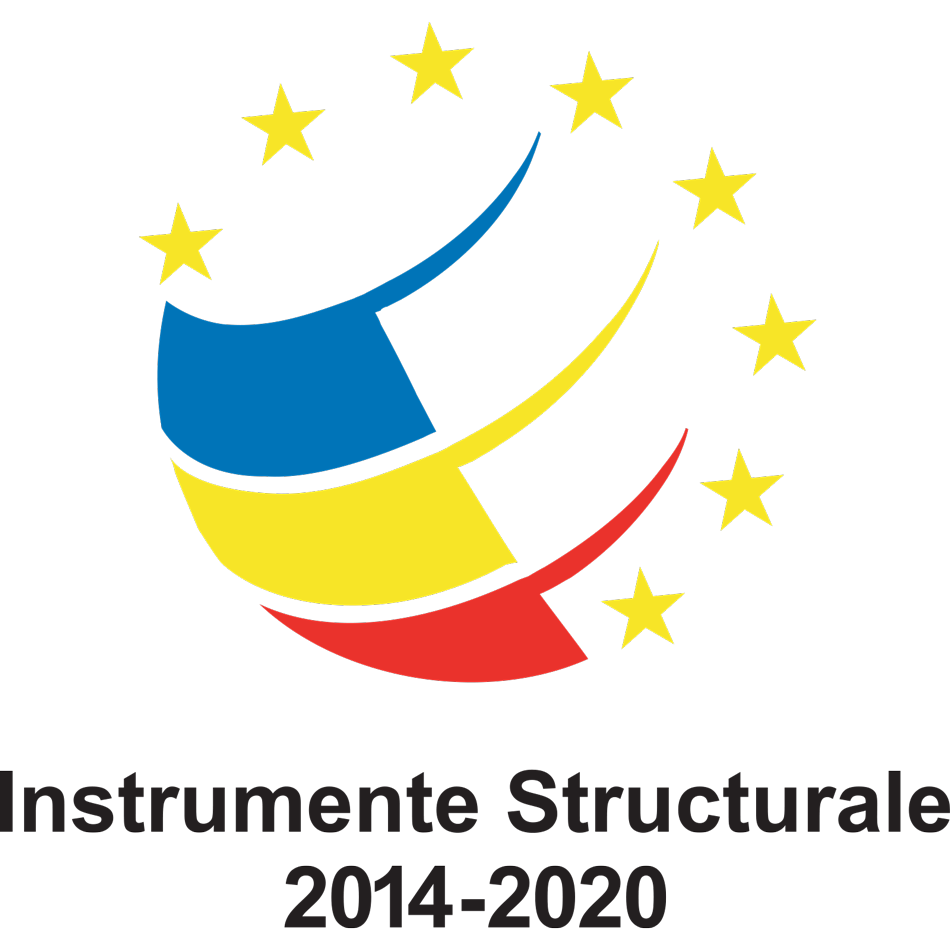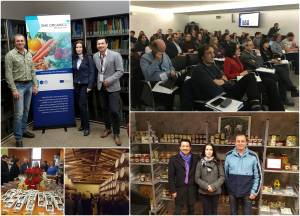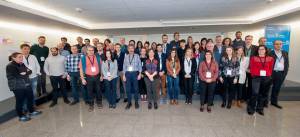The SME Organics project, carried out by ADR Nord-Vest, gives access to good practices that have proven their positive impact on the activity of producers and processors of organic farming products, leading to an increase in demand and consumption of certified, environmentally friendly organic products and health.
Two good practice visits took place this year within the SME Organics project, which brings together 12 partner organizations interested in the development of the value chain for ecological, bio, natural products from 8 European countries: Spain, Italy, France, Switzerland, Belgium, Finland, Poland and Romania. The SME Organics project is financed by the Interreg Europe cooperation program and runs until 2020.
- Examples of success from Spain, Navarre Region
The Regional Development Agency SODENA, the Department of Rural Development, Environment and Local Administration within the Government of the Navarra Region, in partnership with INTIA, the Institute of Technologies and Agri-Food Infrastructures, hosted the best practices event held at the beginning of December 2016, at which attended by 40 guests from the 8 partner regions.
The Romanian delegation was composed of a representative of the Ministry of Agriculture and Rural Development from the territorial inspection structure of Cluj county, the executive manager of the AGRO-FOOD-IND Napoca cluster (Agro Transilvania Cluster) and the project manager from ADR Nord-West.
The agenda of the two days included plenary sessions, thematic workshops, networking sessions and visits to companies that process, distribute or sell ecologically certified products.
- Joint conference - signaling the business opportunities in the agricultural and food field of the Navarre Region, accepting its available strengths to stimulate the ecological sector; the status quo of the regional ecological sector such as the public support measures, including those for research, training and counseling in the field; the practical ways of developing new marketing channels and structures for small producers and companies; the session ended with a brainstorming session that addressed the key challenges and opportunities facing the field
- Models of good practices of local actors: Jauregia – family farm, production of milk and organic dairy products; Trigo Limpio – Association of organic meat producers; the business model Landare – Association of Consumers of Ecological Products, over 3000 families who have developed a common point of sale, in a closed system, based on trust.
- Thematic workshops in the ecological sector - the components of production and processing, training and counseling, marketing and sales, governance and efficiency of the value chain; the systemof joint marketing of products under the umbrella and brand of the cluster AgroTransylvania was appreciated by the representatives from the other participating countries, considered a successful model, to be replicated at the European level
- Visits to companies in the ecological field - Pedro Luis, processor of canned organic vegetables; Mendi, distributor of ecological products, producer and processor; Ecological wine factory and winery Notebook Via.
- References:
- Examples of success from Switzerland, Aargau Region
The FiBL Ecological Agriculture Research Institute was the host of the best practices event held in September 2016 in Switzerland, which was attended by 45 guests from the 8 partner regions.
The Romanian delegation it was composed of a representative of the research and development institute INCDTIM Cluj-Napoca, a representative of a local action group from the region, Maramures West LAG and the project manager from ADR Nord-West.
The agenda of the two days included plenary sessions, thematic workshops, networking sessions and visits to companies that process, distribute and sell ecologically certified products.
- Joint conference - the presentations of the officials from Switzerland focused on the exposure of the continuously growing ecological market and the related challenges; on the necessary synergy between regional planning and the ecological, agricultural sector; on the importance of innovation research-development with an emphasis on examples from the processing of ecologically certified products, culminating in the importance of the existence and implementation of a Regional Organic/Ecological Action Plan. The experts from FiBL presented the conclusions of long studies related to consumer behavior, the presence of pesticides and harmful food additives, the ranking of ecological certifications, culminating in a practical exercise to identify the ecological product after consumption, with yogurt samples being tested by the participants, candied fruit and milk.
- Thematic workshops in the ecological sector - production and processing components; training and counseling; marketing and sales; governance and efficiency of the value chain; the most original ways of selling organic products in Romania were briefly presented, analyzing the opportunity, the strengths and weaknesses of the models, as well as the perspectives through the prism of increasing the consumption of certified organic and traditional products:
- the online trading platform Targul Agro, developed in partnership by two clusters in the region, in the field of IT and agri-food: https://www.targulagro.ro/
- the systemof joint marketing of products in hypermarkets, under the umbrella and brand of the cluster AgroTransylvania: http://agrocluster.ro/
- Green baskets intended for family consumers
- Good practice models of local actors, visits to companies in the ecological field:
- Center Metz, processor of exclusively organic grocery products, under the Fidelio brand
- BioPartner, the recipe for success of the largest importer and distributor of ecological products in Switzerland
- the integrated farm, the outlet store, the restaurant, and the resort for the elderly Eichberg, an example of success that encompasses the entire value chain from animal breeding and cultivation in certified ecological regime, recycling of animal excrement as fertilizer, marketing of products and processing in own restaurant, accommodation and exclusively ecological food in asylum regime, with medical services included .
- pomicola resort a the FiBL research institute and at its own winery, the production of ecological wines being crowned with medals at international profile competitions
- the food chains COOP and MIGROS, which are based on producer associations, represent a real example of success, covering 751 TP2T of the ecological market in Switzerland.
- reference: http://www.fibl.org/en/service-en/news-archive/news/article/1st-sme-organics-field-visit-to-aargau-switzerland.html
Presentation of the visit of good practices_Switzerland
update/Presentation of the visit of good practices_Pamplona/Spain
